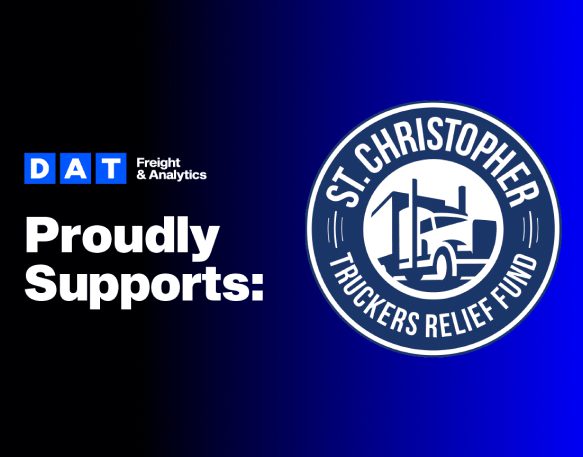
The Network Integrity Unit is a specialized team within DAT dedicated to maintaining the integrity of our network. Dedicated employees work around the clock, resolving 100% of network complaints. Their role is crucial – they work tirelessly to prevent fraudulent actors from infiltrating our system, ensuring that your business remains protected.
Our team employs advanced cybersecurity measures and tools to detect and neutralize threats. They constantly double-check the authorities and identities of users. They monitor our network round-the-clock for any signs of suspicious activity and act swiftly to investigate and resolve any potential issues. This proactive approach minimizes risk and ensures our network remains secure.
DAT’s Network Integrity Unit is more than just a cybersecurity staff – it’s a support team to protect your business. Our commitment to network integrity and our deep industry knowledge make us uniquely equipped to protect your business.
But don’t take our word for it. Listen to our customer’s stories.
Too good to be true
One carrier within DAT’s network found a load posted from California to Texas for $9,000 – a seemingly great deal. They booked the load with the broker. Midway to the pick-up location, they had a question about the load and called the broker, but their phone number was out of service. That was the first red flag.
Luckily, the carrier did not pick up the shipment and contacted the shipper on the RateCon which allowed the original broker to be notified that their load had been double-brokered. Thankfully, they were able to get in front of the situation. The carrier also reported the fraudulent broker to DAT who was kicked off the platform.
Suspicious situations
Another carrier within DAT’s network was hungry for work in a cool market. After accepting a load for a bit lower than the market average, the carrier headed to the pickup location. On the way, the carrier sees the BOL listed as a different company than himself. He called the broker to get an understanding, and the broker told him it was normal for the information to not match. Red flag.
After reviewing the broker on the DAT Directory, they noticed other carriers had reported strange behavior, too. The carrier called the shipper on the BOL to confirm who they were supposed to be working with and found out that the load was originally brokered through a different company.
Thankfully, this double-brokered load was stopped after checking the DAT directory.
DAT’s plan of action against fraud
At DAT, we’re taking proactive steps to protect against cyber threats via:
- Implementing stronger password criteria
- Round-the-clock third-party security monitoring and testing
- Enabling two-factor authentication
- Creating a fraud protection resource library and a live dashboard, where you can check for alerts
- Enhanced network participant vetting processes
- Maintaining a 100% response rate to reports
How everyone can fight bad actors
- Study DAT’s resources – Knowledge is power. Familiarize yourself with the latest news and updates about fraud in logistics with DAT’s library of fraud protection resources.
- Report bad actors – Have you encountered fraudulent actors in your network? Don’t let them get by – report them to us so we can ensure other users won’t encounter them and they are removed from DAT’s ecosystem. We maintain a 100% response rate to these reports. Additionally, if you become the victim of a cyber crime, immediately report it to IC3.gov.
- Don’t hesitate to ask questions – As always, DAT is here to help. If you’d like to speak to our compliance department, please call 800-547-5417 or email us at compliance@dat.com.


